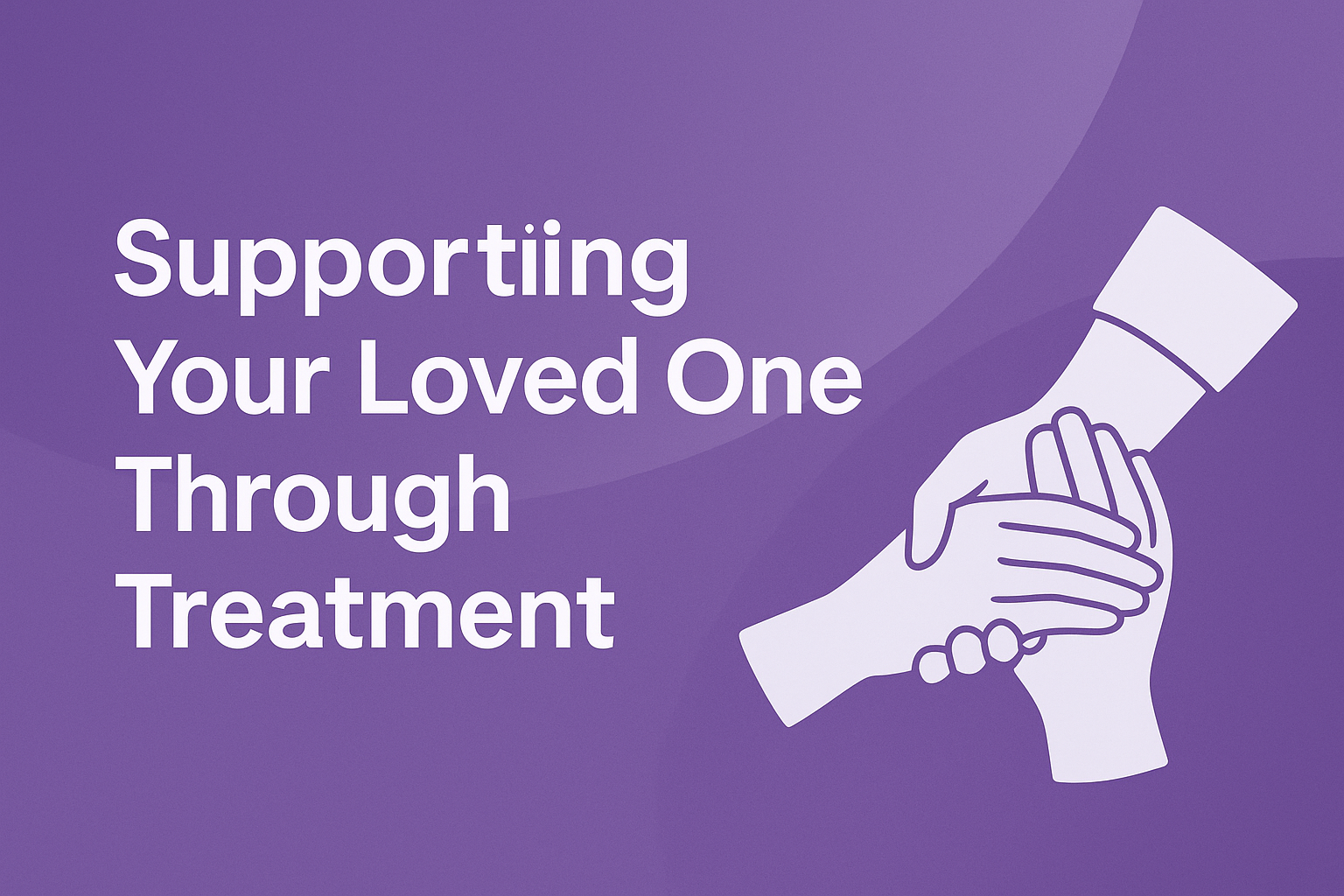Practical advice on appointments, medications, nutrition, and clinical trials.
Overview: Practical ways caregivers can help during diagnosis, treatment, and recovery.
- Communicating with doctors and nurses
- Tracking medications, appointments, and symptoms
- Helping with nutrition, mobility, and daily routines
- Encouraging participation in clinical trials if eligible
Supporting Your Loved One Through Treatment
Supporting a loved one through pancreatic cancer treatment is a demanding but deeply meaningful role. Treatments may include surgery, chemotherapy, radiation, immunotherapy, or participation in clinical trials. As a caregiver, you serve as an advocate, organizer, and emotional anchor. At Sky Foundation, we know this firsthand—our leadership and committees are filled with survivors, caregivers, and families who have been through this process. You don’t have to navigate it alone.
Communicating With the Medical Team
Cancer care involves multiple specialists, appointments, and treatment phases. Clear communication helps your loved one receive the best care possible.
- Prepare before appointments: Write down questions and bring all relevant documents.
- Take notes: Record key points during visits or ask permission to record the conversation.
- Clarify next steps: Confirm medications, procedures, and follow-up visits before leaving.
- Advocate: Ensure your loved one’s preferences and concerns are heard.
Sky Foundation’s caregiver committees connect you with others who can share strategies for navigating these conversations with confidence.
Managing Appointments, Medications & Symptoms
Treatment schedules can feel overwhelming. Caregivers often manage the logistics that keep care on track.
- Use calendars and apps: Track appointments, lab results, and medication schedules.
- Create medication charts: Include dosage, timing, and side effects to watch for.
- Track symptoms daily: Fatigue, nausea, or pain can change quickly—share updates with the medical team.
- Plan for downtime: Bring snacks, water, or reading material for long treatment days.
Helping With Nutrition & Daily Needs
Treatment can affect appetite, taste, and digestion. Caregivers play a vital role in maintaining nutrition and daily comfort.
- Encourage small, frequent meals: Large meals may feel overwhelming.
- Focus on hydration: Offer water, smoothies, or broths.
- Work with a dietitian: Ask for referrals to oncology dietitians.
- Support mobility: Gentle walks or stretching can improve energy and reduce side effects.
Sky Foundation’s survivor and caregiver communities often share meal tips, hydration strategies, and ways to handle fatigue.
Encouraging Participation in Clinical Trials
Clinical trials may provide access to cutting-edge treatments, but caregivers often help navigate the details.
- Search trial databases: Use TriCan Health to find open studies.
- Ask doctors directly: Oncologists can explain eligibility and risks.
- Plan logistics: Travel, lodging, and time commitments may be required.
- Evaluate costs: Ask what is covered by the trial and what is out-of-pocket.
Sky Foundation connects families to knowledgeable voices who have gone through this process and can help you make informed choices.
Emotional Support During Treatment
Treatment days can be long, exhausting, and emotionally draining. Caregivers can support their loved one by:
- Bringing comfort items like blankets, music, or favorite books.
- Offering reassurance and staying present during treatments.
- Recognizing when professional counseling may be beneficial.
Sky Foundation’s communities offer safe spaces to talk about these emotional highs and lows, connecting caregivers with others who truly understand.
Legacy of Care
Every step of caregiving during treatment leaves an impact. Sky Foundation’s Legacy Giving program allows families to continue that impact long after treatment by including Sky in a will or estate plan. Gifts can be designated to support caregiver resources, treatment education, or research projects, ensuring your caregiving journey helps others for years to come.
Key Takeaway
Supporting a loved one through treatment requires patience, organization, and compassion. From managing medications to advocating at appointments, caregivers play a vital role in helping loved ones navigate complex treatment plans. Sky Foundation offers survivor-led communities, caregiver resources, and Legacy Giving opportunities to ensure that your caregiving journey creates lasting impact—today and for the future.

